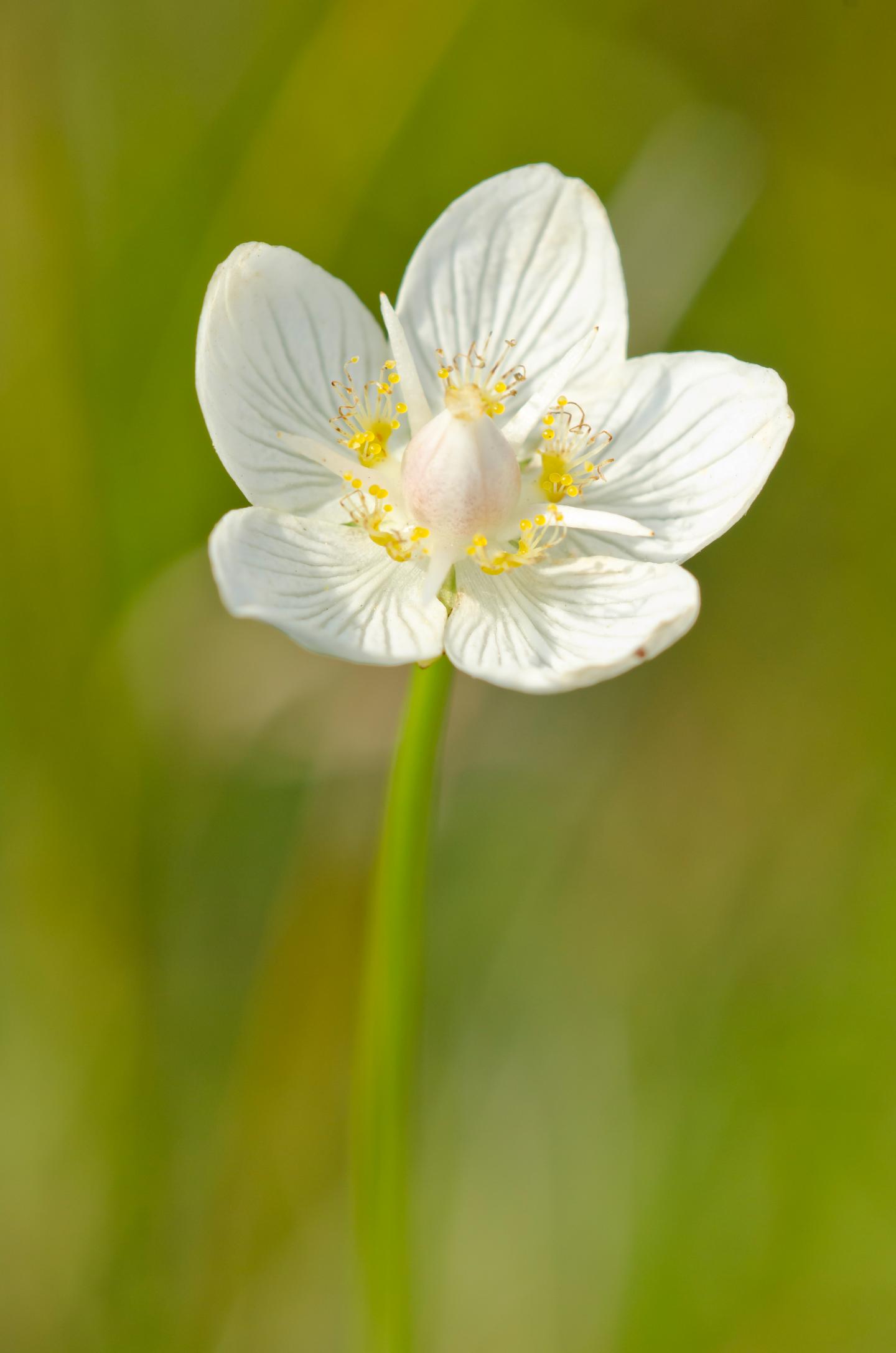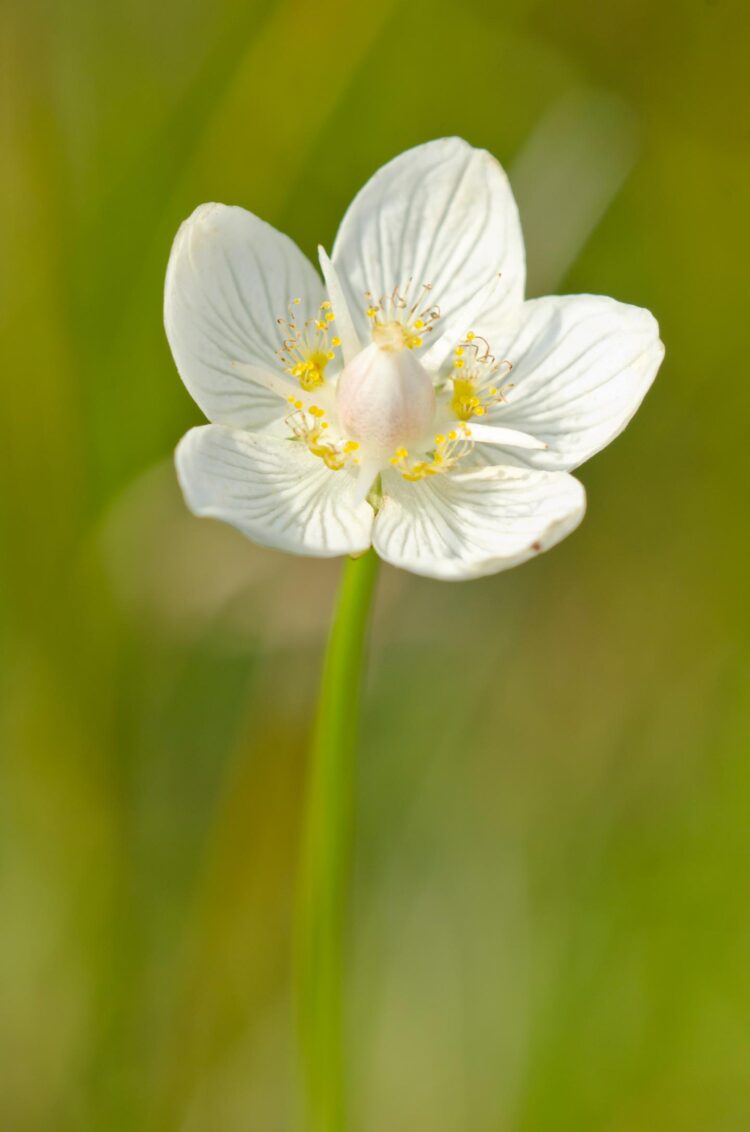International research team including Göttingen University call for a Europe-wide phosphate directive

Credit: Dr Jerry van Dijk
The aim of the EU Nitrates Directive is to reduce nitrates leaking into the environment in order to prevent pollution of water supplies. The widely accepted view is that this will also help protect threatened plant species which can be damaged by high levels of nutrients like nitrates in the soil and water. However, an international team of researchers including the Universities of Göttingen, Utrecht and Zurich, has discovered that many threatened plant species will actually suffer because of this policy. The results were published in Nature Ecology and Evolution.
Nitrogen, in the form of nitrates, is an important nutrient for plant species. However, an overabundance can harm plant biodiversity: plant species that thrive on high levels of nitrates can displace other species adapted to low levels. “Despite this, it is not enough simply to reduce the level of nitrates,” says co-author Julian Schrader, researcher in the Biodiversity, Macroecology and Biogeography Group at the University of Göttingen. “Such a policy can even backfire and work against the protection of threatened plant species if other nutrients are not taken into account.”
In addition to nitrogen, plants also need phosphorus and potassium to grow. The researchers discovered that the ratio of these nutrients in the soil is important. They showed that when the concentration of nitrogen in the soil is reduced, without simultaneously reducing the concentration of phosphates, plant species that are already threatened, could disappear.
“Many threatened plant species in Europe are found in places where phosphate concentrations are low,” Schrader explained. If nitrogen concentrations decrease, as a result of effective environmental policies, then the relative concentration of phosphorous increases. This means that threatened species come under even more pressure. Threatened species are particularly sensitive to changes in nutrient concentrations and should, according to the researchers, be better protected.
The results of this research have significant consequences for the current EU Nitrate Directive. The authors advocate the introduction of an EU Phosphate Directive in addition to the existing EU Nitrate Directive.
###
Original publication:
Wassen, M. J., Schrader, J., Van Dijk, J., Eppinga, M. B. (2020) Phosphorus fertilization is eradicating the niche of northern Eurasia’s threatened plant species. Nature Ecology and Evolution. DOI: 10.1038/s41559-020-01323-w
Or:
https:/
Contact:
Julian Schrader
University of Göttingen
Biodiversity, Macroecology and Biogeography Group
Email: [email protected]
http://www.
Media Contact
Melissa Sollich
[email protected]
Original Source
https:/
Related Journal Article
http://dx.





